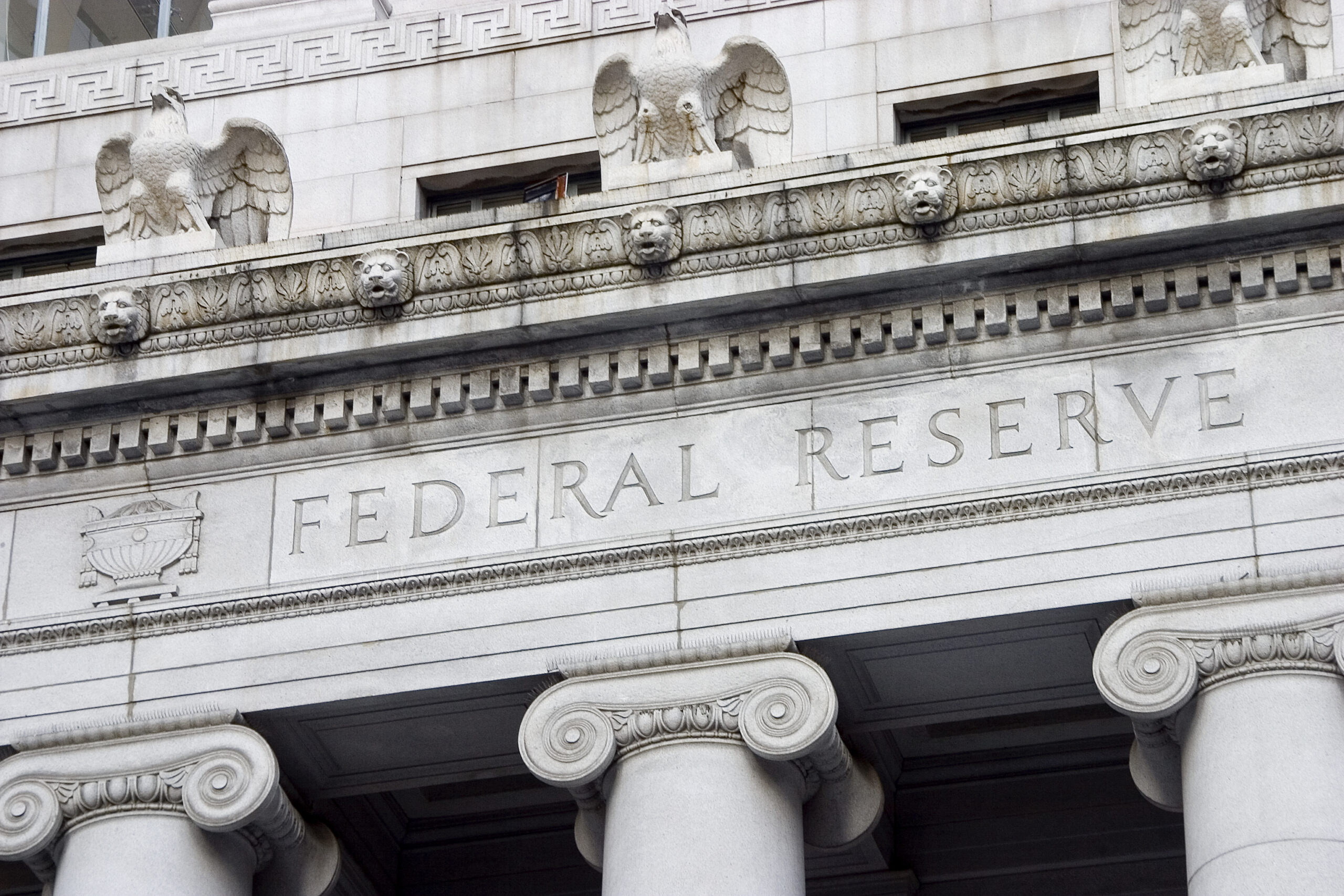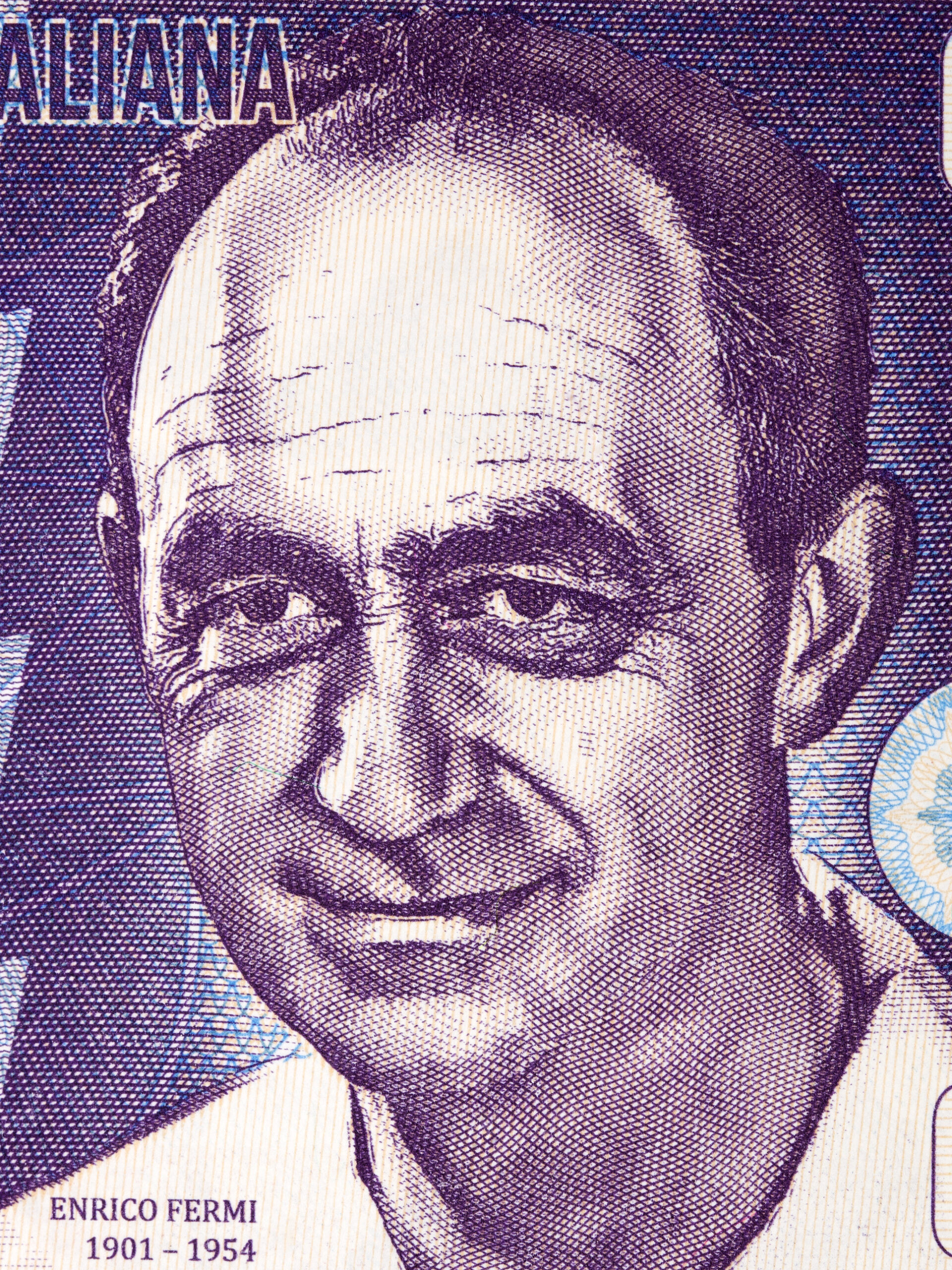Long ago, I saw a band called Mars Volta, which opened for Incubus in Sacramento.
Boy, I’ve dated myself now. Incubus was awesome, Brandon Boyd writhing on the stage and telling us to take the wheel and drive.
Mars Volta couldn’t finish a song. So it seemed to me. Now I’ve found a predicate in Richy Mitch and the Coalminers. Heard of them? Neither had we.
But you add up Evergreen and Lake Missoula on Spotify and they’ve got a billion streams.
Their song Evergreen (the town in CO where Karen and I were married, by the way), with over 900 million streams on Spotify is one minute 27 seconds. Lake Missoula is the one they put some time into, and it runs 1:46.
We saw RMCM, which is how you find them on Spotify, at Strings, the performing arts center in Steamboat Springs. Packed house, sold out. The average age of the audience at Strings tends to skew gray because you can’t afford to live in The Boat if you’re young.
This audience averaged about 21. And they all knew the lyrics. Of course there aren’t many in a song running a minute twenty-seven seconds with a long guitar solo.
We couldn’t figure out when one song had ended and another had begun. There was no beginning, middle, end to them.
But hey, what do we know? They’re the ones with a billion streams, cheering throngs, lead singer Mitch Cutts playing pricey Fenders handed off by his guitar guy.

And it’s how the stock market is. It plays for a minute 27 seconds with no verses, chorus or bridge. And nobody seems to know it.
Yet you can see it in stockholdings. Three of the largest owners of US stocks now are Citadel, Susquehanna and Jane Street. Their positions are puts and calls. They outrank thousands of stock-pickers.
Citadel is the largest equities market-maker. Susquehanna is the top-ranked options market-maker. Jane Street is the premier ETF market-maker.
What the heck is a “market-maker,” you ask?
Market-makers are the band you never heard of getting a billion streams for a song that runs a minute twenty-seven.
Our entire stock market depends on snippets. If you buy 100 shares – or 99, as I prefer – of something “at the market,” meaning at the best price, it instantly fills.
Where did the shares come from?
From a “market-maker.”
Sell $50,000 of stock “at the market” and you’ll watch the market shudder in realtime. Only two stocks have trade sizes that large: BKNG and SPY. We track that data across the market.
BRK.A is larger but the data are difficult to track. No market-maker will touch it because the risk is too great. It’s $789,000 per share and averages 1,900 shares or about $1.5 billion per day.
SPY trades over $30 billion per day. But it also trades 600,000 times daily.
Market-making then is a lot of furious activity in short bursts. It’s the opposite of the old NYSE floor “specialists,” who brought buyers and sellers together at points of agreement.
That’s what the auctioneer does at sales of cattle, furniture from estates, etc. The auctioneer represents the seller and finds prices that work for buyers.
Market-makers represent no one. They replace the auctioneer by buying from sellers and selling to buyers. To mitigate the risk of losing money, they shrink the trade-size. The average in the S&P 500 is 99 shares. It’s what you’re guaranteed by law.
By law?
Yes, the SEC has decreed that 100 shares of everything will always be available. That’s impossible of course unless the laws of physics governing demand and supply are suspended. (The definition is set to change in November when the SEC will redefine “round lot” according to price).
So the SEC suspends the laws of physics and lets “market-makers” create stock to fill orders. That’s “short volume.”
Half the volume – actually 51% currently in the S&P 500 – is short. You’ll never see it in your ownership ledger, companies. It’s market-making.
It’s not “noise.” You can’t ignore it because it’s how your stock is priced. Jane Street made $11 billion last year buying and selling the tight relationship between ETFs and an underlying basket of stocks and options.
Citadel makes so much money that, as I’ve written before, founder Ken Griffin bought Florida and a complete dinosaur skeleton.
Susquehanna makes so much money that founder Jeff Yass isn’t just the richest man in Bala Cynwyd but in all of Pennsylvania. That’s saying something.
I’m not knocking either RMCM or market-making, short-termers. But public companies, your value depends on machines evaluating gaps between your price and a related basket. If your stock goes down 50%, it’s because market-makers no longer see opportunity in aligning your price with something else.
This is why you absolutely, positively MUST have a Passive strategy. Ignore it and you imperil your shareholders (Ask us. We’ll implement one for you).
Investors, you too must know Demand and Supply and concentrate your holdings where they’re balanced. Because the market hangs on things lasting a minute twenty-seven seconds. So to speak.
EDITORIAL: We’re off to sea to shed our chalk white winter skin! See you Apr 9!





